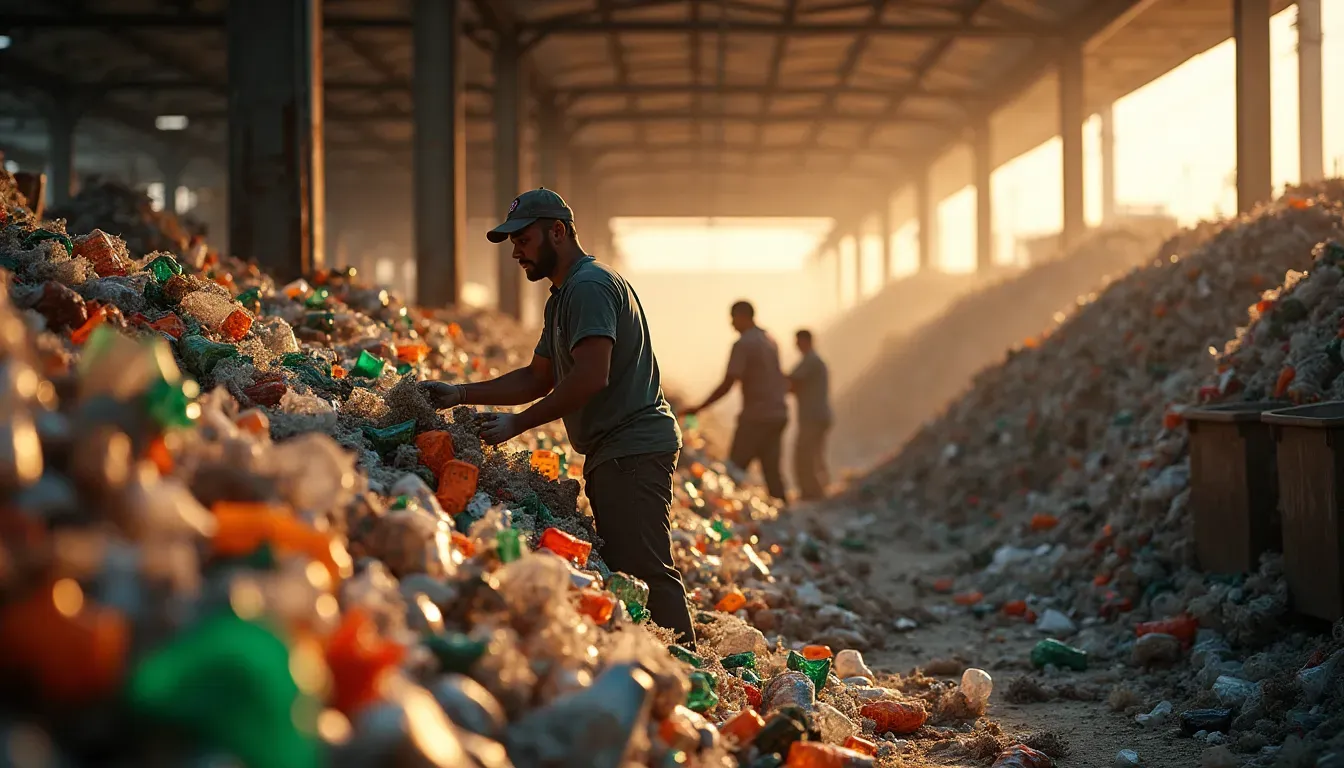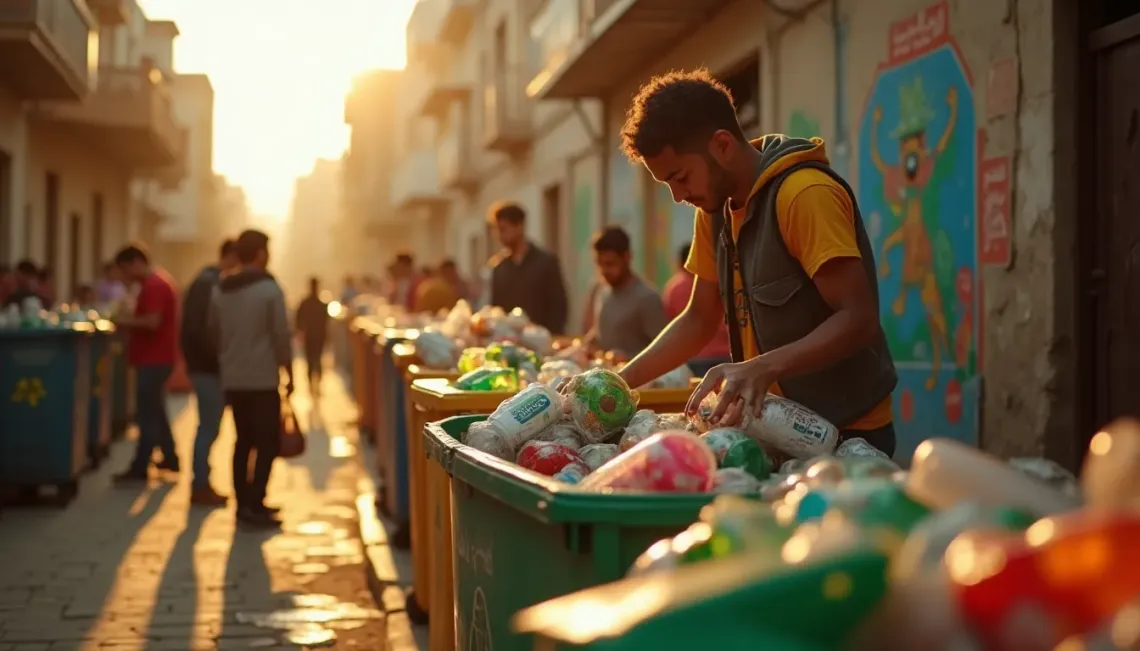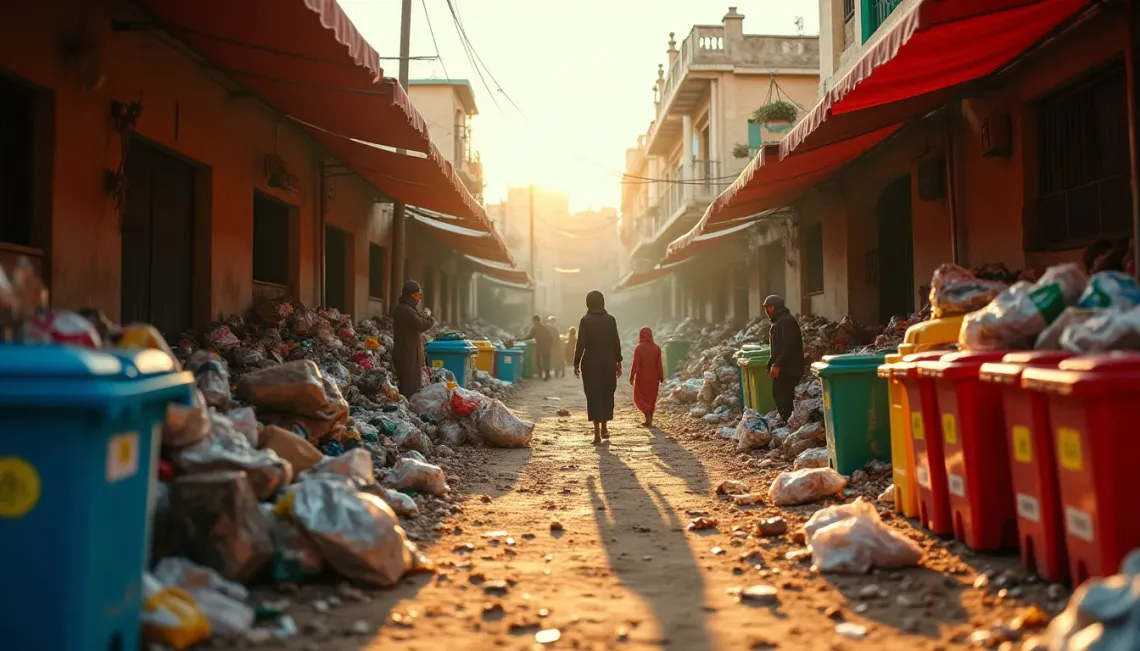In recent years, Morocco has emerged as a leader in sustainable waste management, showcasing how a nation can effectively tackle environmental challenges through innovative recycling initiatives. The transition to advanced waste management systems demonstrates Morocco's commitment to promoting sustainable waste practices and reducing the environmental impact of recycling.
Understanding Morocco Waste Management
Morocco waste management has undergone a significant transformation over the past decade. The country's approach integrates modern techniques and community involvement, ensuring that Recycling in Morocco not only addresses immediate waste concerns but also fosters broader environmental awareness. By implementing comprehensive waste handling systems, Morocco is setting an example for other nations aiming to improve their environmental credentials.
Recycling in Morocco: A Growing Movement
Recycling in Morocco has become a cornerstone of the nation's sustainable waste practices. With urban areas experiencing rapid population growth, the need for effective recycling solutions has never been greater. The Moroccan government has partnered with private enterprises and NGOs to establish dedicated recycling facilities, which contribute significantly to managing the country's waste more efficiently.
- The establishment of recycling plants in major cities has played a crucial role in processing various waste streams.
- Grassroots education campaigns have been pivotal in enhancing community participation in recycling efforts.
- Innovative programs target electronic waste, plastics, and organic materials, fostering a circular economy.
Morocco Recycling Initiatives: Pioneering Change
Several Morocco recycling initiatives illustrate the country’s proactive stance in waste management. These projects have been designed to not only address the environmental impact of recycling but also to generate economic opportunities and improve public health.
Key Initiatives and Their Impacts
Morocco's strategic initiatives include:
- Zero Waste Program: Aiming to reduce landfill dependency, this initiative focuses on waste minimization and resource recovery.
- Waste Separation Campaigns: Community-based programs encourage citizens to segregate waste at the source, streamlining recycling processes.
- Sustainable Cities Projects: These projects integrate sustainable waste management practices within urban planning to ensure long-term environmental sustainability.
These initiatives have not only improved the efficiency of waste collection and processing but also increased public awareness about the importance of sustainable waste practices.
Environmental Impact of Recycling in Morocco
The environmental impact of recycling in Morocco has been profound. By diverting waste from landfills, the country reduces methane emissions, conserves natural resources, and minimizes pollution. Moreover, recycling initiatives contribute to the country's economic growth by creating jobs in the waste management sector and supporting green industries.
Morocco's leadership in sustainable waste practices serves as an inspiring model for other countries. By continuing to invest in and expand recycling programs, Morocco not only enhances its environmental stewardship but also strengthens its position as a leader in global waste management efforts.
In conclusion, Morocco's waste management revolution exemplifies how strategic planning and public involvement can significantly reduce the environmental impact of recycling. As the world looks toward sustainable development, lessons from Morocco recycling initiatives offer valuable insights into building more sustainable futures.




